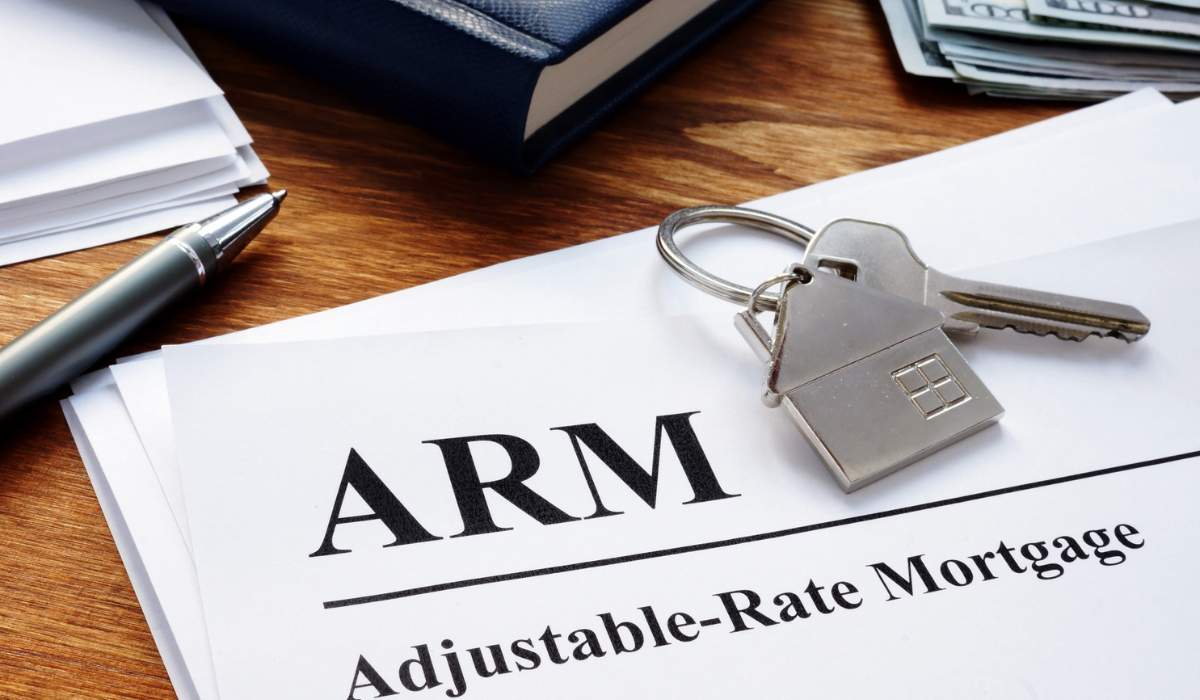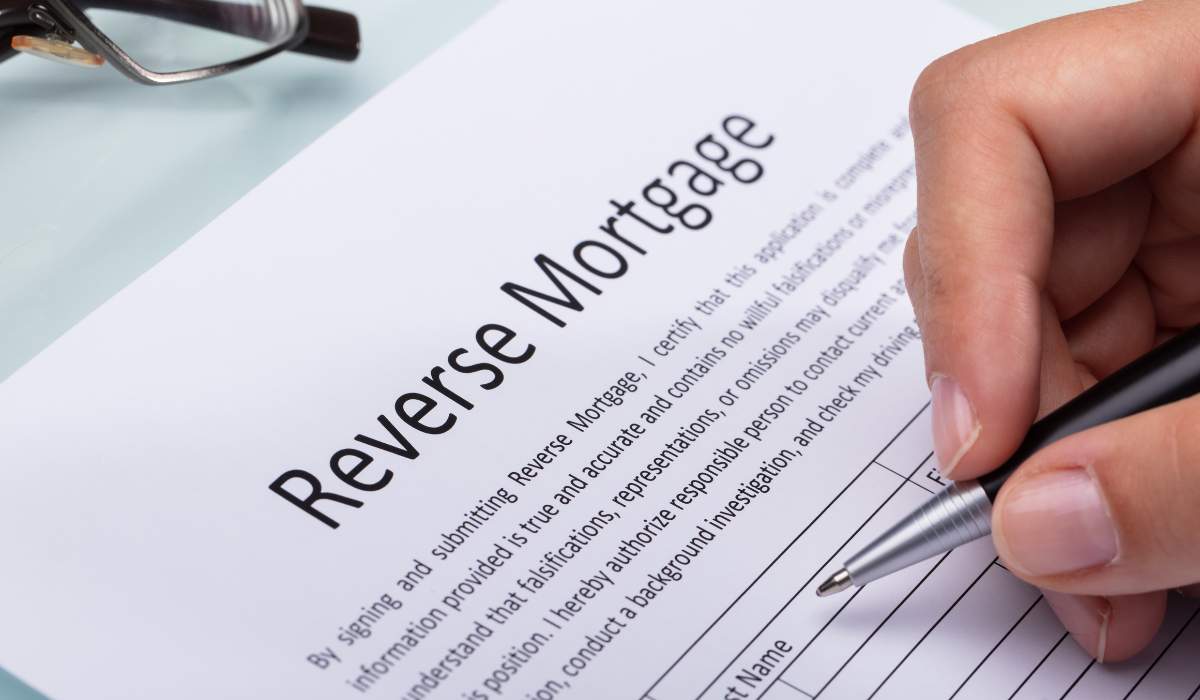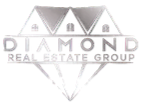Demystifying Mortgages: A Comprehensive Guide to Understanding the Different Types of Home Loans
Understanding the various mortgage options is essential when it comes to purchasing a property. The best mortgage option for your financial circumstances and aspirations should be chosen because a mortgage is a loan that is specifically made for buying real estate. In this thorough guide, we’ll go over the many kinds of mortgages, their benefits, drawbacks, and concerns so you can make an informed choice as you start your journey toward homeownership.
A conventional mortgage is a type of home loan that is neither insured nor guaranteed by the Federal Housing Administration (FHA) or the Department of Veterans Affairs (VA). It is often more expensive and necessitates a high credit score, making it a desirable option for borrowers with solid financial histories.
One of the most popular forms of mortgages is the fixed-rate mortgage, which features an interest rate that remains constant for the duration of the loan. Your monthly mortgage payments will therefore stay the same, giving you stability and certainty. It is appropriate for people who want stable payments and intend to live in their homes for a considerable amount of time.
Low Interest

A variable-rate mortgage, commonly referred to as an adjustable-rate mortgage (ARM), has an interest rate that may change over time. The interest rate is often lower at first than that of a fixed-rate mortgage, but it could change frequently depending on the state of the market. Borrowers who want to sell or refinance their houses before the rate adjustments take place might consider an ARM.
FHA Loan
An FHA loan is a mortgage that the Federal Housing Administration has insured, making it more readily available to applicants with less-than-perfect credit or little money for a down payment. FHA loans are a desirable alternative for first-time homebuyers due to their flexible qualification standards and low-interest rates.
For qualified veterans, active-duty military members, and their spouses, VA loans are available. The Department of Veterans Affairs guarantees these loans, which frequently include advantageous features including no down payment needed and low interest rates. Veterans who have served in the military have a great choice in VA loans.
USDA Loan
Homebuyers in rural and suburban areas are eligible for USDA loans, which are provided by the US Department of Agriculture. These loans frequently offer 100% financing, cheap interest rates, and flexible credit conditions. For those wishing to buy a property in a rural region that is eligible, USDA loans are the best option.
Mortgages that are larger above the conforming loan thresholds imposed by Fannie Mae and Freddie Mac are referred to as jumbo loans. High-value residences generally use jumbo loans, which have stricter eligibility requirements and greater down payments. They are appropriate for borrowers looking for financing for expensive properties or homes.
Mortgage with Interest Only
A mortgage with interest-only allows borrowers to pay only the interest on the loan for a set amount of time, usually between five and ten years. The loan changes to a standard mortgage after this initial time, requiring principal and interest payments. Borrowers who anticipate significant future income growth or who intend to sell their property before making principal payments can consider interest-only mortgages.
Reverse Mortgage

Homeowners 62 years of age and older can use reverse mortgages to turn a portion of their home equity into loan earnings. When the borrower sells the house, vacates the property, or dies, the loan is paid back. Reverse mortgages can enable retire closing to access their home’s equity without having to sell it, as well as provide them with additional income.
Mortgage balloon
A balloon mortgage offers initially cheaper monthly payments but calls for a sizable one-time payment at the conclusion of the loan term, known as a balloon payment. Borrowers who intend to sell or refinance the property before the balloon payment is due should choose this form of mortgage.
Using a bridge loan, sometimes referred to as interim financing, can assist n closing the financial gap between buying a new home and selling the one you already have. In advance of the sale of the current property, it provides the money required for a down payment. Bridge loans are perfect for people who are having trouble scheduling the sale and purchase of their properties.
Construction Loan
A construction loan is made specifically to finance new building projects or significant modifications. It provides money to pay for building costs, and once the work is finished, it can be turned into a conventional mortgage or fully repaid. Construction loans are appropriate for people who want to build their dream homes or do significant remodeling.
Mortgage with Interest-Offset
A mortgage with an interest-offset feature enables borrowers to connect their savings or checking accounts to their mortgage. By offsetting the interest charged on the mortgage with the interest collected on these accounts, the total amount of interest paid over time may be reduced. Borrowers who want to lower their interest costs and have sizable savings should consider this sort of mortgage.
Further Mortgage

A second mortgage is a loan obtained using the equity in a piece of property that already has one. Homeowners can use the extra money for a variety of things, like debt relief or house renovations. Both a home equity loan and a home equity line of credit (HELOC) are acceptable forms of second mortgages.
Mortgage that is Assumable
When a home is sold, a mortgage that is Assumable may be transferred from the seller to the buyer. The old mortgage, including its interest rate and terms, is passed to the new buyer. If the previous loan has favorable terms in comparison to the current market rates, buyers may benefit from assumable mortgages.
Energy-Efficient Mortgage (EEM)
An EEM is a type of mortgage intended to pay for energy-saving house upgrades including solar panels, insulation, and energy-saving appliances. It enables borrowers to incorporate the price of these changes into their mortgage, possibly resulting in long-term energy cost savings.
Mortgage with Shared Equity
To obtain a mortgage with shared equity, you must team up with a housing authority or a government agency. Making homeownership more feasible is the partner’s contribution of a portion of the down payment or a reduction in the mortgage principal. In exchange, the partner receives a portion of the home’s increase upon sale.



